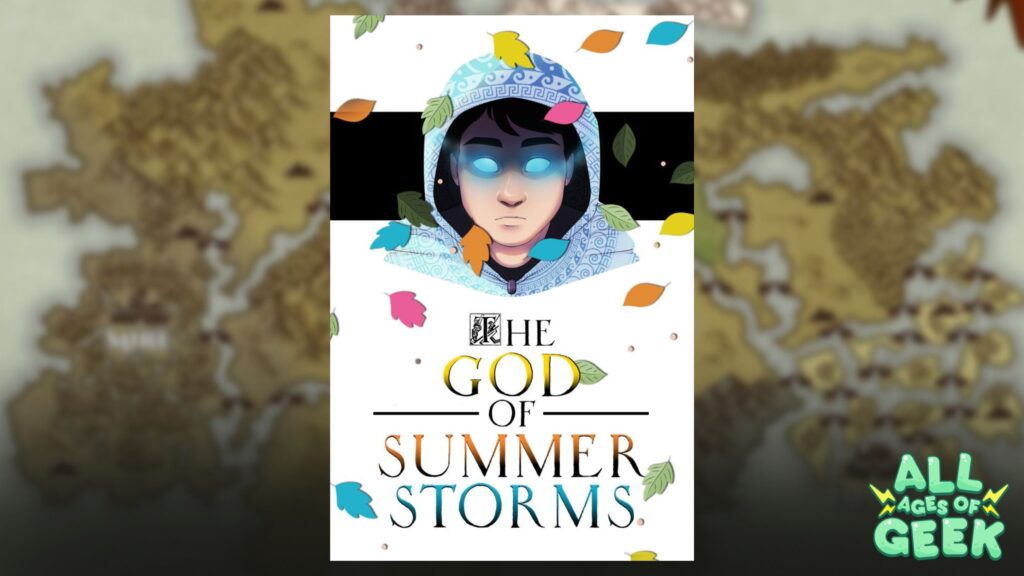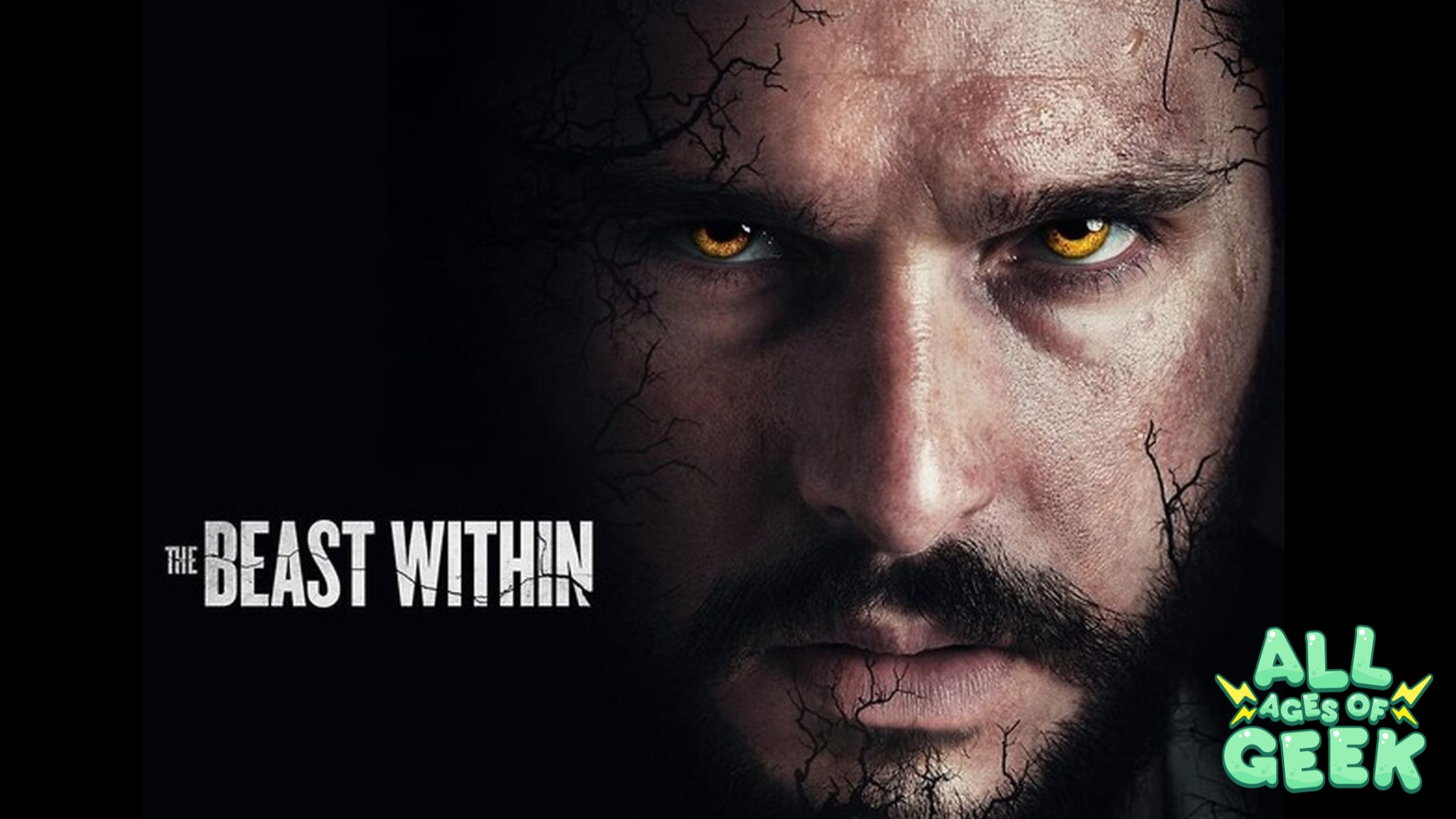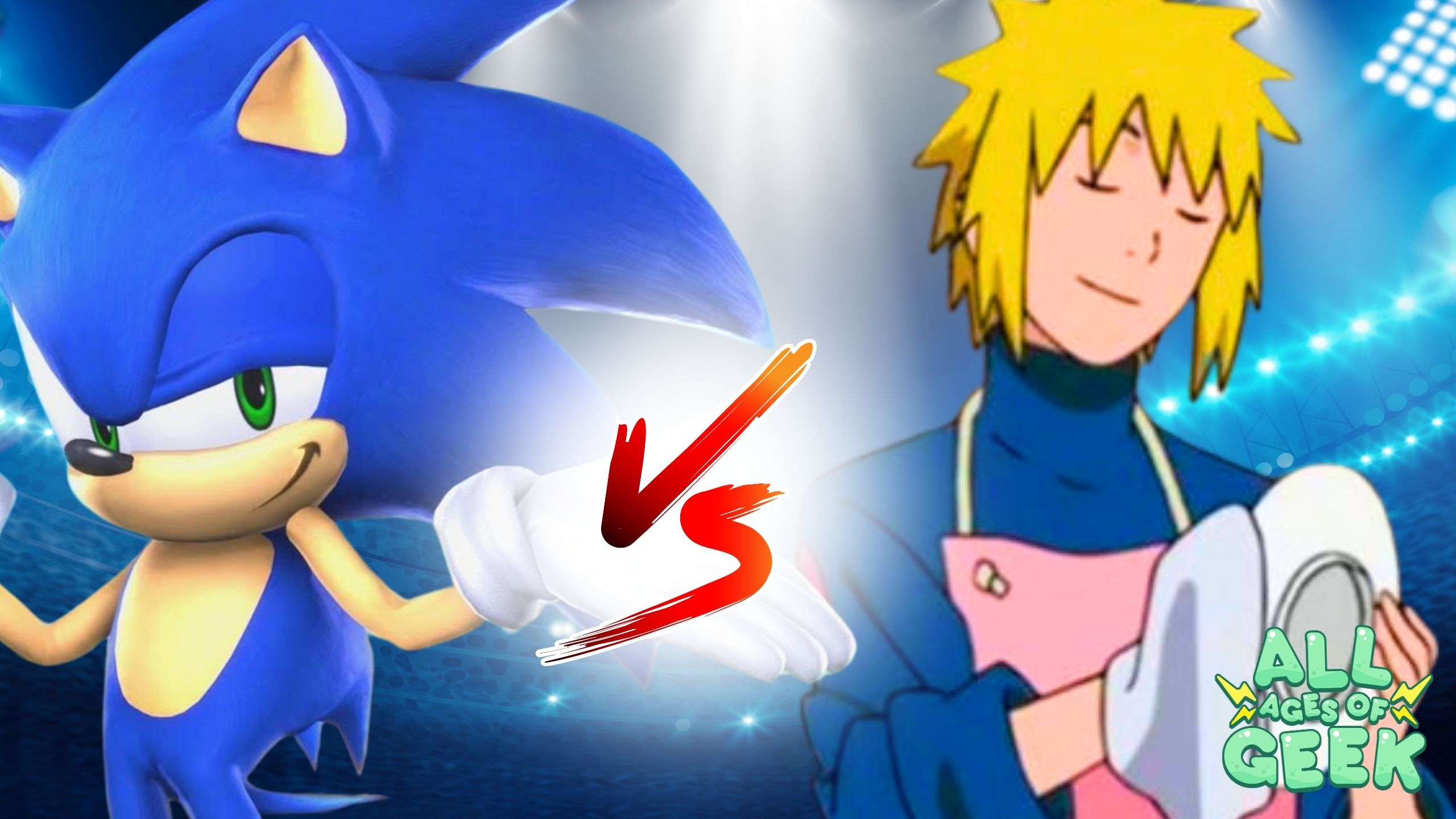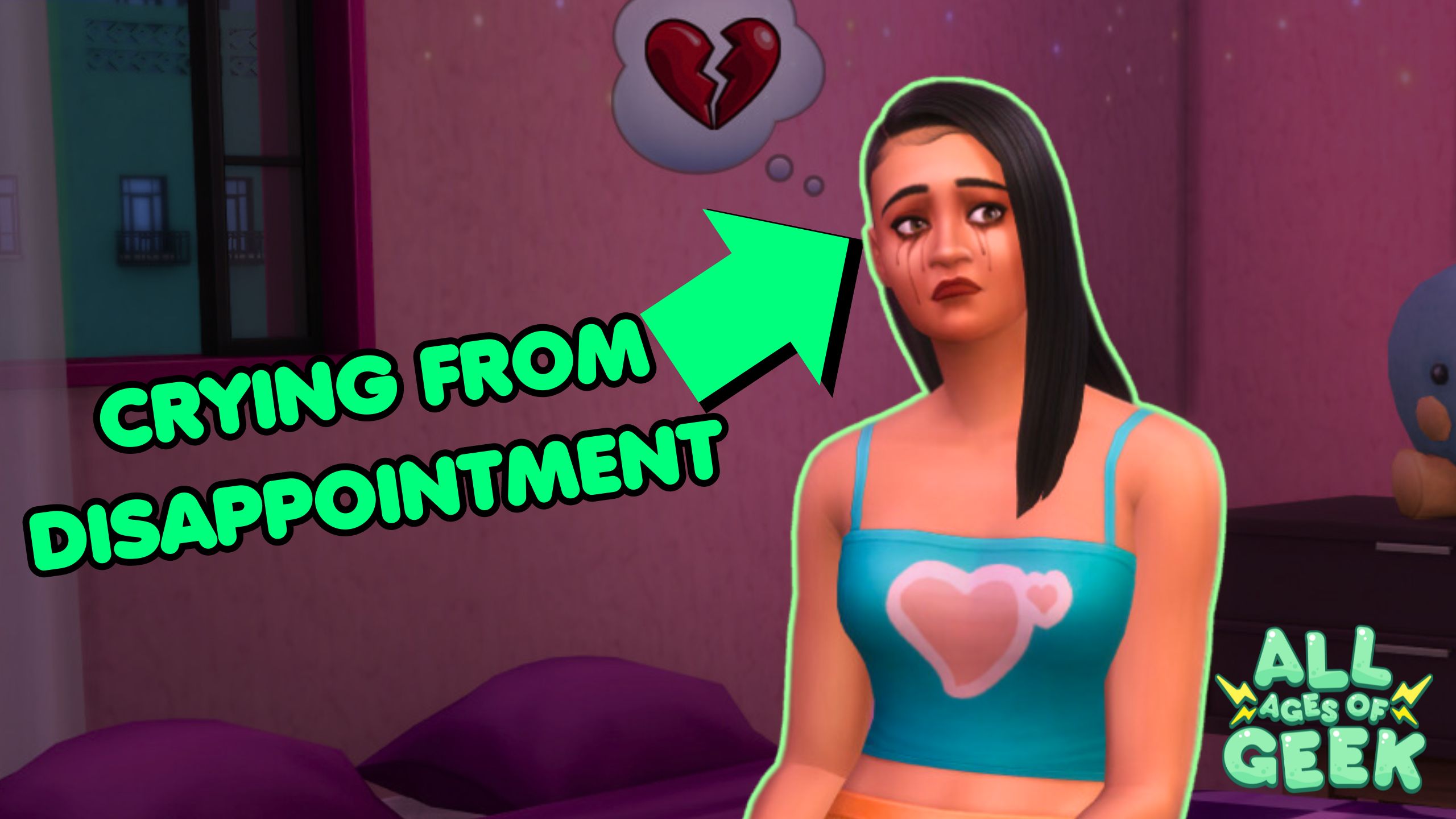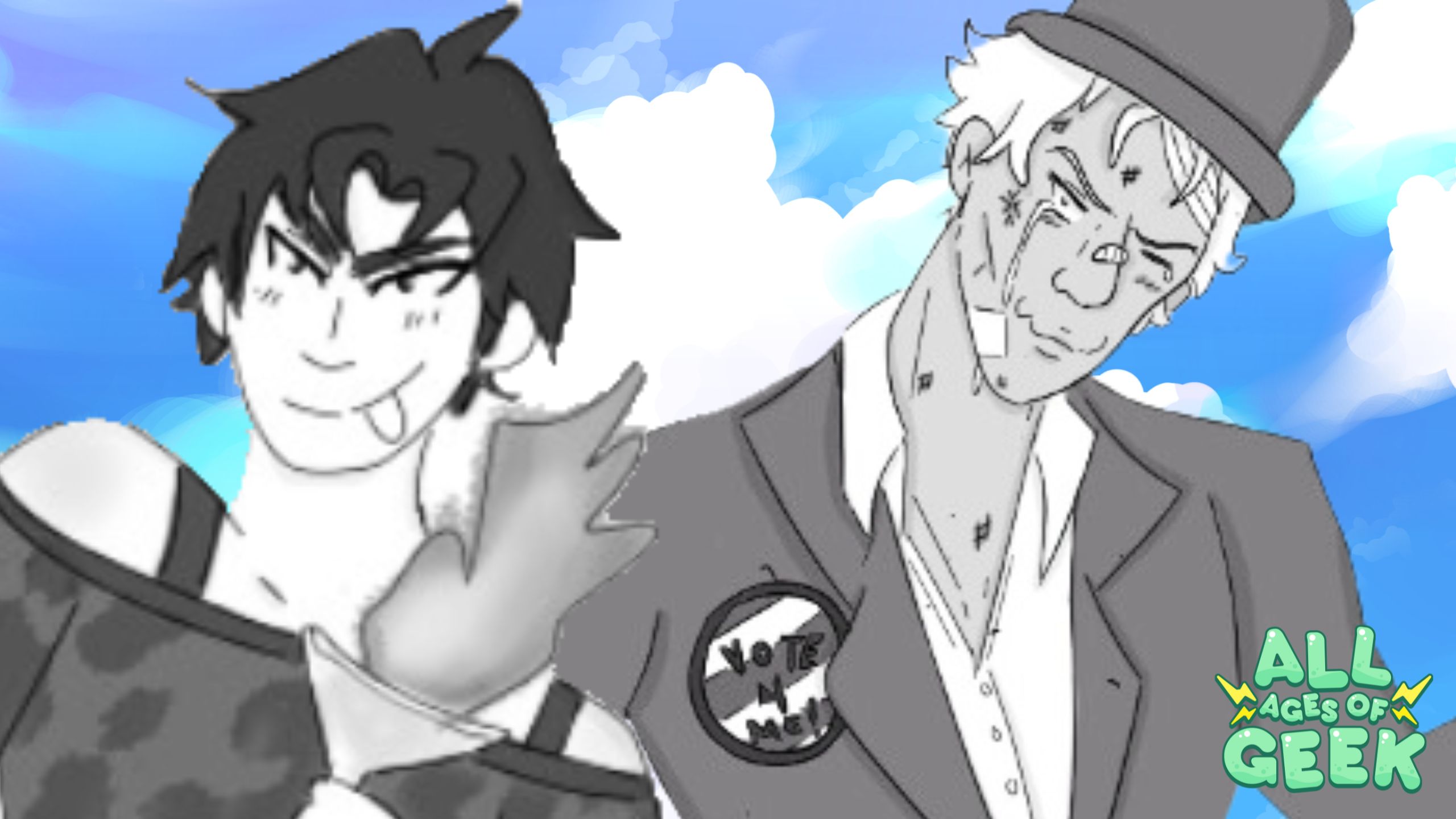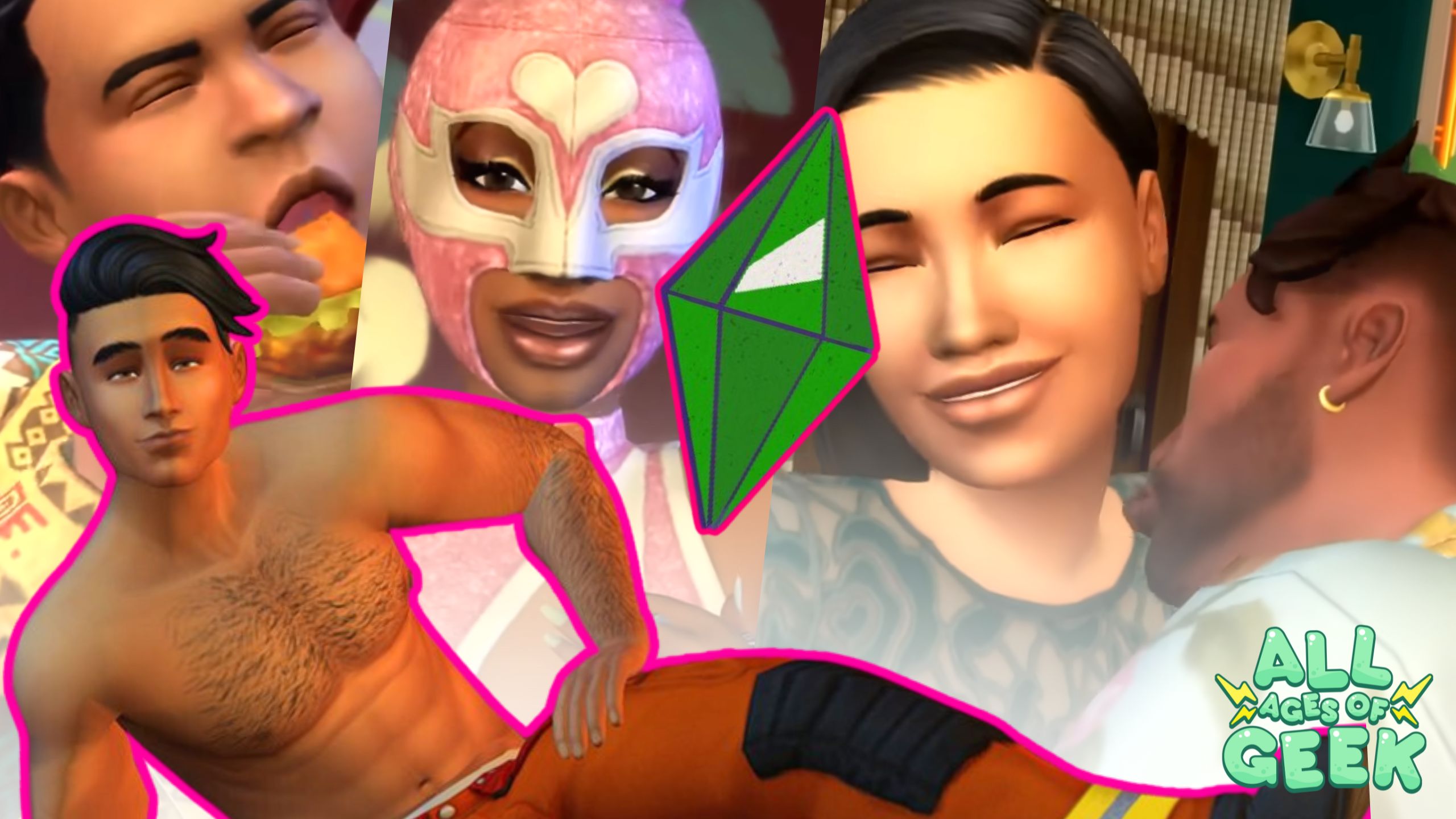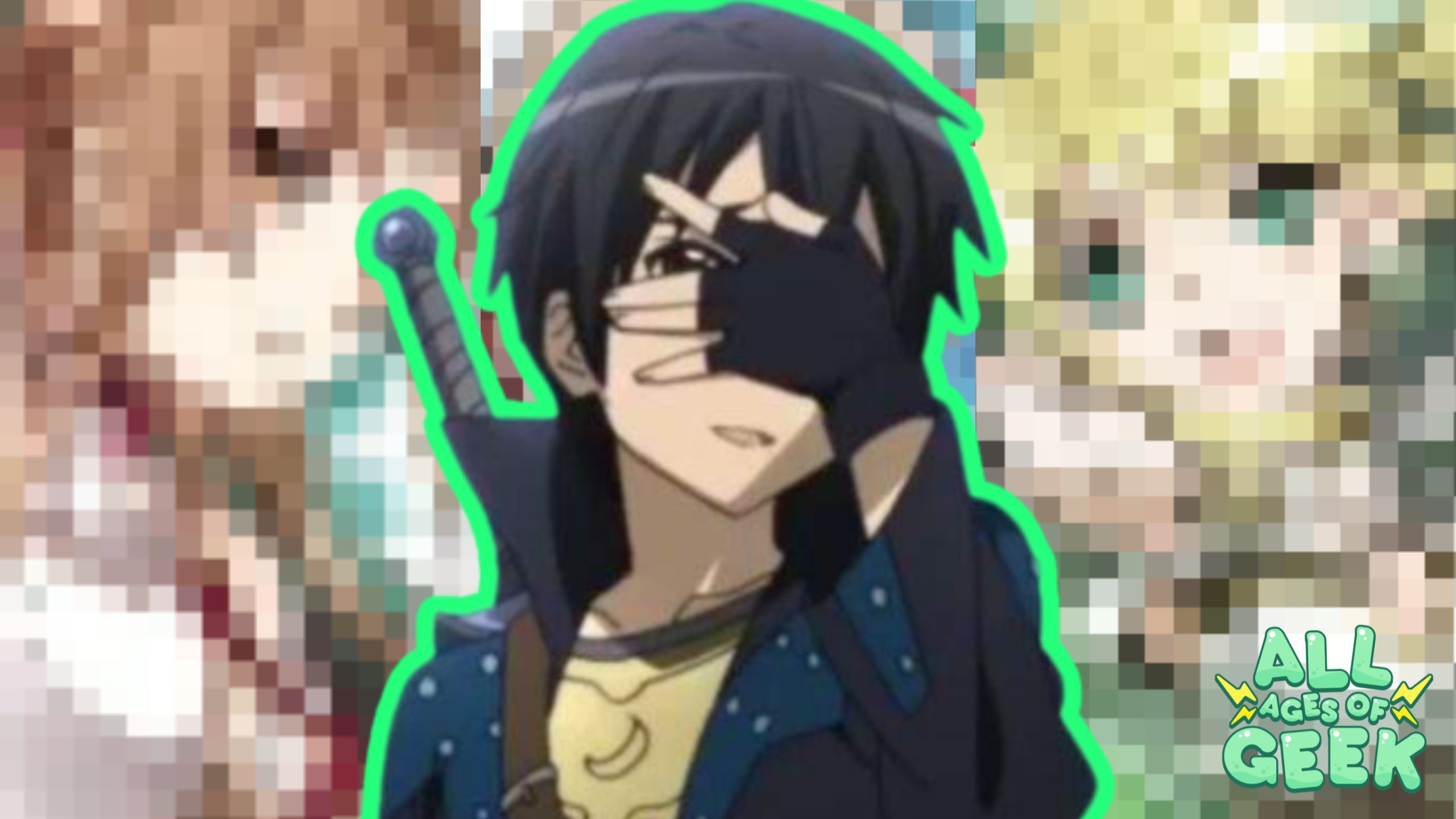Interview with 11Keys creator of “The God of Summer Storms” – All Ages of Geek Tapas Reviews
Welcome to our latest episode “Creator Spotlight” where we’ll be delving into the world of independent content creation with 11Keys author of “The God of Summer Storms.” Today, we’ll uncover the creative journey that led to the birth of this incredible work, exploring themes of emotion, honesty, and the challenges faced in the process. We’ll also discuss the importance of the indie scene in the overall creative industry, and learn about the unique storytelling techniques that set this author’s work apart. So, sit back, relax, and join us as we uncover the raw, powerful world of “The God of Summer Storms” and the content creator behind it.
What initially sparked your passion for creating content, and how did that desire evolve into the work you produce today?
My first few stories were little more than erotic fiction. I started writing when I was around sixteen or seventeen years old. You can probably imagine the growing up I had to do. Immature, hormonal, and eager to lose my V card, I wrote fantasies far greater than my reality. However, I’m happy to say I evolved. Now I explore all of my emotions, all of my different sides, be it happiness, sadness, fear, or pain. I’m past the simple task of writing to get people off. Now, I try to make people think and hopefully feel.
Can you walk us through your journey as a content creator, starting from the moment you first decided to explore this medium?
In the beginning, It was all about wish fulfillment. Thankfully, I eventually wrote all the cliche self-inserts I could think of. It was then that I had to look back at my work and say, “this was fun, but maybe I can do better.” I decided to take a break from writing smut to try my hand at plot and character development. Every story became a challenge to me. I wanted to be more honest in my content and more professional in my execution.






Your work touches on various themes and subjects. How do you choose which stories to tell, and what do you hope your audience takes away from them?
I lay it all out there. Nothing is too painful, sweet, goofy, or bitter. But it has to be heavy. It has to strike a strong emotion for me to write about it. I’m not afraid to tell any story, but it must be worth telling. I can only hope that readers connect with my honest, albeit at times unfiltered hard edged, content.
What led you to choose your current platform for sharing your work, and what aspects of the platform do you find most appealing?
I’ve tried several platforms in the past. Tapas, so far, has allowed me to reach the most new readers.
Are there any aspects of the platform that you feel could be improved, or perhaps have been challenging to navigate?
Tapas has a clear bias for a particular kind of story style-wise and in the genre, but that’s to be expected. Every platform has its own style. I wish Novels had equal space as Comics, but as I said, I’ve found readers on Tapas.
In your opinion, what distinguishes independent content from mainstream content, and why do you think the indie scene is important for the overall creative industry?
Anyone can tell a story now. Anyone can write about anything. We have more diversity of ideas than ever. But it’s because we have so many voices and ideas that content creators have to be better. Those of us who don’t evolve or step up our game will get lost in the sea. Only the strong will come out on top, but anyone can now enter the ring.

As a content creator, what are some unique storytelling techniques you’ve developed to set your work apart from others in the genre?
I tell my story first and worry about marketing later. Plenty of people will argue I need to know who I’m writing for from the beginning, but that’s never worked for me. Sexual assault, addiction, codependency, depression. It’s hard enough just to let these things work their way onto my pages. If I stopped to ask who wanted to read about them, I’d never finish a story. This is how I end up with impactful moments. I don’t ask if there’s someone who wants it; I write what feels most honest and deal with the consequences later.
Apart from your main work, what other avenues do you explore to engage with your audiences, such as social media, live events, or merchandise?
I’ve assembled a team of like-minded creators, and we’ve formed Black Door, a website with not only my books but also games and soon-to-come comics that I’ve written.
There’s also our Patreon page.
https://www.patreon.com/blackdoorgames
Creating content can be both rewarding and challenging. Can you share some of the struggles you’ve faced along the way, and how you’ve overcome them?
I’ve done my best never to shy away from writing about things I’ve been through. I’m a one-man band when it comes to writing. Sure, I have help with art or planning, but in the weeds, it’s all me. I’ll be the first to admit sometimes I need to edit a chapter again or rework a timeline. But if there’s one thing that allows me to compensate for my lack of experience in writing, it’s my ability to put my pain and pleasure into my work.
Are there any creators, artists, or writers who have been particularly influential or inspiring to you? How have they shaped your creative journey?
This will probably sound cliche, but George R. R. Martin. I’m dyslexic, so growing up, I rarely read books for fun. I remember picking up Hank the Cow Dog, Spider-Man, and Captain underpants a few times as a kid. I didn’t have much to pull from in terms of adult-level media when I started writing. But I wanted to be more professional. I wanted to be more impactful, so I picked up the first book series I knew people wouldn’t shut up about. I tried to model myself after George R. R. Martin. I doubt that people would compare me to R.R., but Game of Thrones helped me to write The God of Summer Storms.
For aspiring content creators, what are some practical tips and advice you would give to help them find their own voice and style?
Imitate quality, not content. People are always trying to be the next this or that. I think it’s better to work towards being your own brand, but take what helps popular content have good quality. In other words, don’t learn a person’s recipe. Learn how to cook.
Can you tell us about your creative process, from brainstorming ideas to the final execution of your projects? How do you stay motivated and consistent throughout?
I usually start with the most important moment of the book. This doesn’t have to be at the beginning or the end, and importance can be subjective. But from that moment, I build out. I use logic and my understanding of people to rationalize how they got to that critical moment, and then I rationalize where they’ll go after. It’s not always perfect, but often I’m satisfied.
How do you balance the creative and business aspects of being an independent content creator, such as promoting your work and managing finances?
To be honest, I’m terrible at promoting. I create content and stories none stop, but promoting has always been difficult. There’s a part of me, thanks to how I grew up, that doesn’t believe what I care about matters enough to bother other people. When I post something, and it takes ages for a single person to notice, that feeling worsens. I try not to think that way, but I know it’s why I focus more on creating content than promoting it. Hopefully, I’ll get better.
Funding creative projects can be challenging for many artists. What strategies have you employed to fund your work, and are there any resources you’d recommend to other creators?
I’m cheap, but I’m also resourceful. Thankfully I have a degree in graphic design, so I can handle designing book covers. However, editing a book isn’t something I’m a pro at. I don’t have money to pay editors, so I do the only thing I can. I go over my work again and again, over and over, until I’m sick of it.
How do you stay updated on the latest trends and developments in your industry, and how do you integrate this knowledge into your work?
I don’t. Shocker, I know. Maybe I should look into trends more often, but I prefer to do what’s not trendy. I don’t want to do what everyone else is doing. Besides, I have a hundred ideas waiting to be written, and one is bound to be popular. I’d rather start a trend than follow one.
In what ways do you believe the creative industry is evolving, and what opportunities do you see for independent creators in the future?
Everyone is a content creator now. I genuinely believe we are in an age of ” I’ll just make my own.” Whether for the best or worst, people are stepping up to make their ideas real. But only the good ones, the serious ones, the ones with conviction, will get anywhere productive.
Collaboration can be an essential part of the creative process. Have you worked with other creators or artists on projects, and if so, how have those experiences shaped your work?
I’ve worked with dozens of other artists on book covers, character art, and things of that nature, but I’ve never collaborated on writing. I’m too particular a person, too much of a dictator of my worlds to share a pen. I’m sorry. I write about things that hurt. I can’t take the chance of someone not understanding a traumatic moment or asking to take it out. I need to tell my stories my way. Will I listen to criticism and feedback? Of course. But no one puts pen to paper but me.
What are some personal or professional goals you have for your career, and how do you plan to achieve them in the coming years?
I was once a fairly popular NSFW writer. I had so many fans back then, even though my editing was horrendous. I want the more serious work I’m doing now to have just as big, if not a more significant following.
As a creator, how do you measure success, and what achievements are you most proud of so far?
Interaction is a big one. Sales would be awesome, but nothing makes me feel more successful than readers and fans leaving comments or having long conversations about my work.
Lastly, could you share an anecdote or experience from your content-creating journey that has had a profound impact on you, and what did you learn from it?
It was right after I had put out my first serious novel. A woman left a comment three days later that basically said, “your entire story is offensive trash that needs to be burned.” I was still new to everything, and that was the first negative response I had ever gotten. I took the story down. A few days later, I got a message from a guy asking when I’d bring the story back. He loved it and was disappointed to see I had taken it away. You can’t write for everyone. You probably can’t write for most people. But if you write for yourself, maybe someone else out there will relate.
And that concludes our eye-opening conversation with the talented author of “The God of Summer Storms.” We hope you’ve enjoyed this exploration of the creative journey and the importance of honest storytelling, and that you’re inspired by the passion and dedication that goes into crafting such evocative content. Today’s discussion has shed light on the significance of the indie scene and its impact on the creative industry, as well as the challenges and rewards of navigating the world of content creation. Thank you for joining us on this remarkable adventure, and be sure to check out “The God of Summer Storms” to experience the powerful emotions and impactful moments that have been brought to life by our guest.
Social
Novel Link: https://tapas.io/series/The-God-of-Summer-Storms/info
Social: Instagram- blackdooronline
Email: [email protected]
Website: https://www.blackdoor.online/
About Stec Studio, All Ages of Geek and “I Married a Monster on a Hill”
Stec Studio is a New Jersey-based company founded and run by by the Stec Sisters. We specialize in producing interactive comics and novels based on All Ages of Geek media, as well as creating a fully open world Boys Love Universe called BLU Media. This universe is being built from various media forms, including readable media, games, and animations.
Our main series, I Married a Monster on a Hill, is a WEBTOON that tells the story of a retired knight who falls in love with a half-monster. We are also developing an in-production visual novel called I Married a Monster on a Hill: Dates, along with an upcoming Wattpad Exclusive set in the same Universe. At Stec Studio, our goal is to create content that gives people hope and light, and we hope our stories can provide joy and entertainment to all who experience them.


